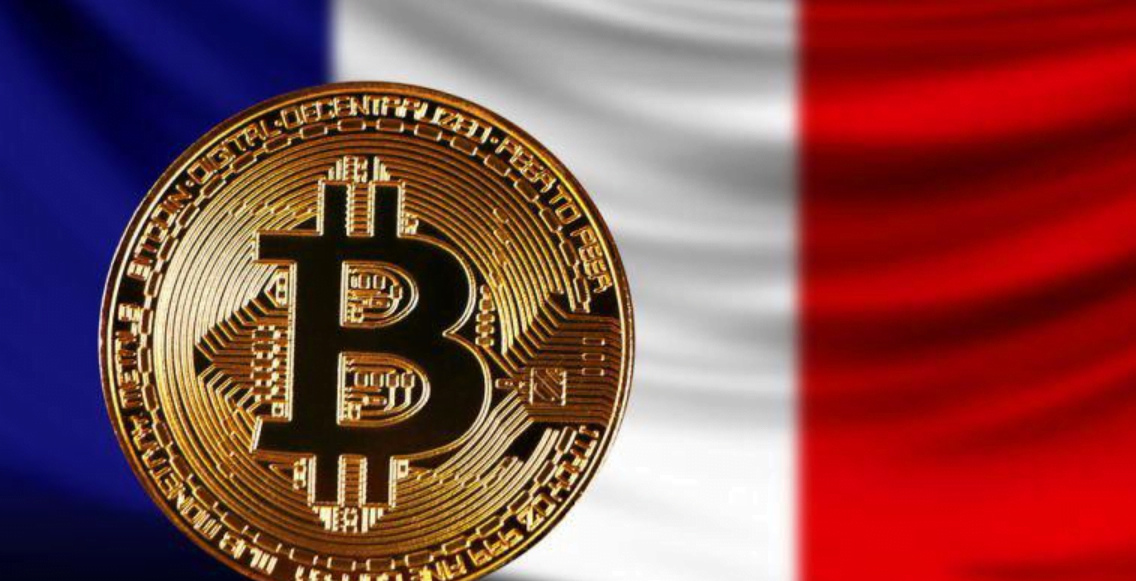France is updating its crypto licensing regime to harmonize with the pan-European framework, Markets in Crypto-Assets (MiCA). The amendments mark a substantial shift in the nation’s crypto regulations, aligning them with MiCA guidelines. Also, it isset to take effect from January 1. 2024.
AMF’s Forward Step and Transition Period
The Autorité des Marchés Financiers (AMF), France’s foremost financial authority, has unveiled its strategy to adapt to the evolving landscape of digital asset service providers (DASPs). Moreover, the General Regulation and policy alterations are designed to accommodate the requirements for “enhanced” registration. This announcement, made on August 10, signifies a pivotal moment in the crypto industry.
Under the revamped Article 721-1-2 of the AMF General Regulation, crypto platforms seeking “enhanced” registration will need to implement a series of critical measures. These include robust conflict of interest management systems, heightened disclosure obligations, segregation of client assets and platform assets, and a strict prohibition on utilizing client assets without explicit prior consent.
Starting from January 1, 2024, the updated regulations will be obligatory. Applicants seeking enhanced DASP registration must carefully consider these provisions during the application process. However, a significant advantage awaits DASPs that manage to secure registration prior to the aforementioned date.
These entities will be granted a “grandfather clause,” subject to the previously simpler regulatory framework.

MiCA’s Impending Impact
MiCA, the comprehensive crypto framework approved by the European Parliament in April 2023, is set to roll out in stages between 2024 and 2025. This monumental legislation, which has been meticulously refined over years, has garnered both anticipation and concern within the crypto community.
Notably, apprehensions have arisen over the cap of 200 million euros on daily transactions for private stablecoins like Tether.
Notably, France’s decision to synchronize its crypto licensing regime with MiCA is a significant step towards streamlining the regulatory landscape. From January 1, 2024, enhanced DASP registration will encompass various crucial aspects. This is to further ensure transparency, accountability, and security within the rapidly evolving world of crypto.
While the transition period may pose challenges, the commitment to adapt and align sets the stage for a more cohesive future across European crypto markets.
Read More:
Federal Judge Proposes Q2 2024 Trial Period for SEC Case against Ripple Executives
Bitstamp to Discontinue Trading of Select Altcoins for U.S. Customers

